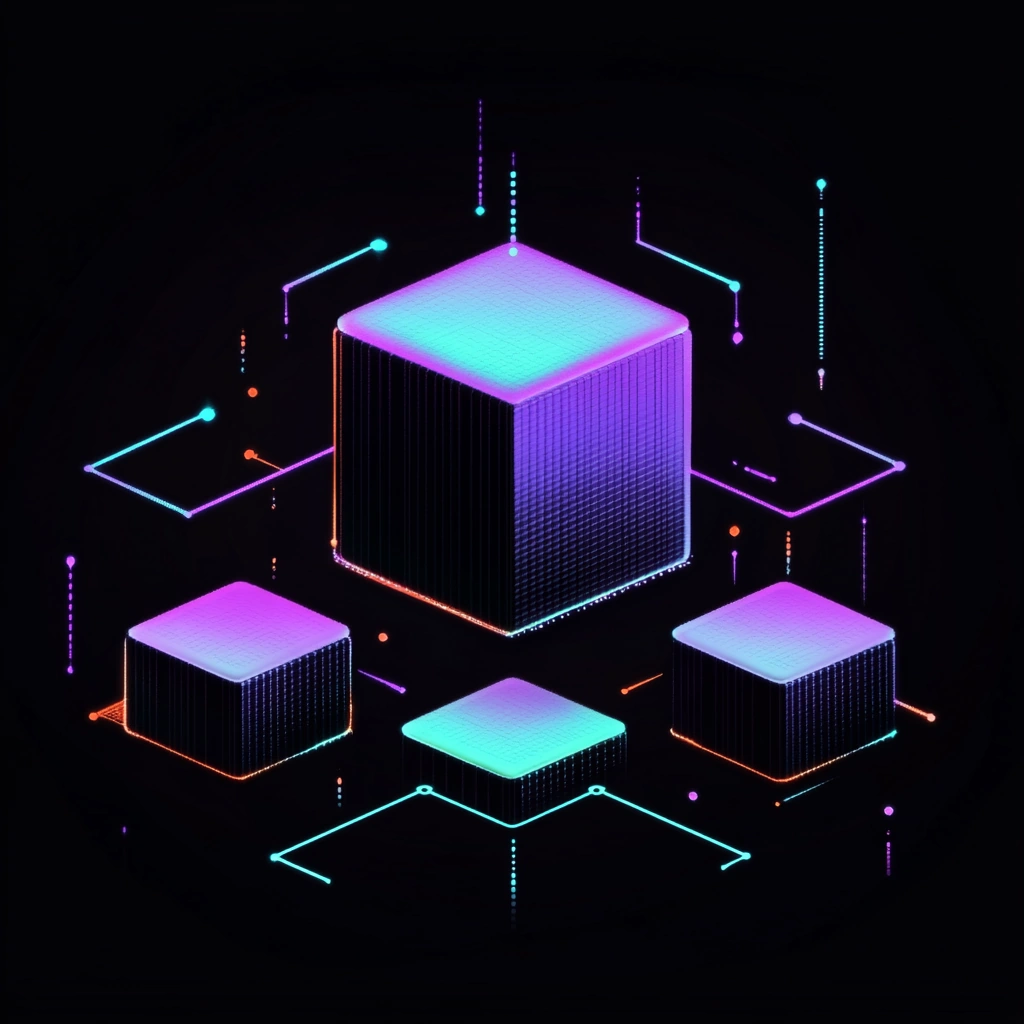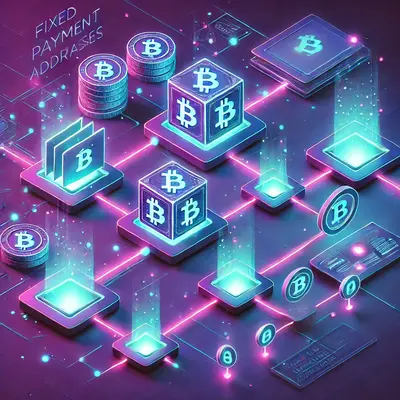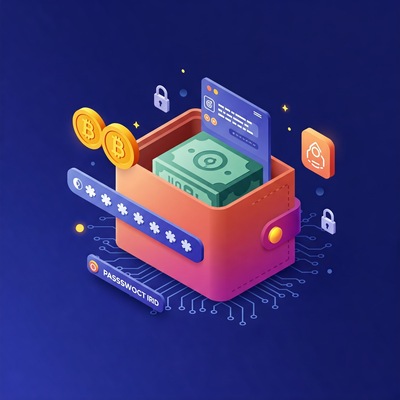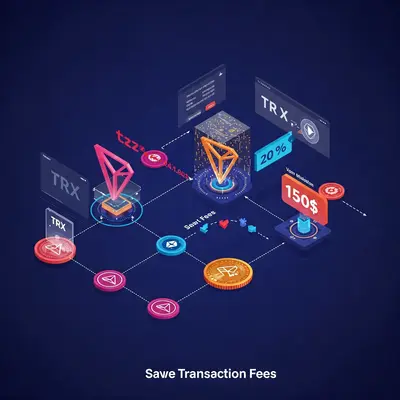Blog Post
Read our latest blog posts and stay updated with the latest trends and insights in the blockchain industry.
Explore a wide range of topics and discover valuable information that can help you enhance your
knowledge and skills.


By Chaingateway
Nov 20, 2024
Blockchain technology is transforming industries by powering decentralized applications (dApps) and reimagining how we handle transactions and data storage. Among the many options, Solana and Tron stand out as top choices, each offering unique strengths. But which one is better for your project?
In this guide, we’ll break down the key differences, costs, and ideal use cases for Solana and Tron, helping you decide which blockchain fits your needs.
Solana is a blockchain built for speed, scalability, and low transaction costs. It uses a unique Proof-of-History (PoH) system that allows it to handle thousands of transactions per second. This makes it a popular choice for DeFi platforms and gaming applications.
If you’re a developer looking to build fast, efficient dApps, Solana’s ecosystem provides the tools to bring your ideas to life.
Tron’s mission is to decentralize the internet by supporting content creators and media platforms. Its Delegated Proof-of-Stake (DPoS) model is energy-efficient and ideal for content sharing and token creation.
Tron is widely used in NFT marketplaces, streaming services, and other entertainment-driven projects, with big names like BitTorrent already in its ecosystem.
Cost is a big factor when choosing a blockchain:
Pros:
Cons:
Pros:
Cons:
When choosing between Solana and Tron, keep these questions in mind:
The choice between Solana and Tron depends on your goals:
If you’re still unsure, take a closer look at their ecosystems. Visit Solana’s official website to explore its technology, or check out Tron’s platform to see how it supports creators.
Ready to get started? Whether you’re building a trading app or a streaming platform, our Blockchain API can help you to interact with Blockchains in an easy way.
Share This Post
Enter your email to receive our latest newsletter.
Don't worry, we don't spam

chaingateway

chaingateway

chaingateway
Dive into the world of Tron and discover how this dynamic blockchain platform stands out with its high speed, low transaction fees, and developer-friendly ecosystem. Perfect for businesses and developers seeking cost-effective and scalable solutions, Tron offers a unique edge over Ethereum and Binance Smart Chain. Join us for a closer look at Tron’s growing appeal in the blockchain landscape!
Explore how Chaingateway.io's Tron Paymaster service transforms blockchain operations by automating TRX management and ensuring seamless transaction efficiency. Dive into the benefits of eliminating manual processes, optimizing resource management, and enhancing the user experience for developers integrating the Tron blockchain.
Learn how to receive crypto payments in Laravel using Chaingateway API. This tutorial covers generating wallets, handling webhooks, and verifying transactions for Tron and TRC20 USDT payments. Perfect for developers looking to integrate blockchain payments into their Laravel applications.